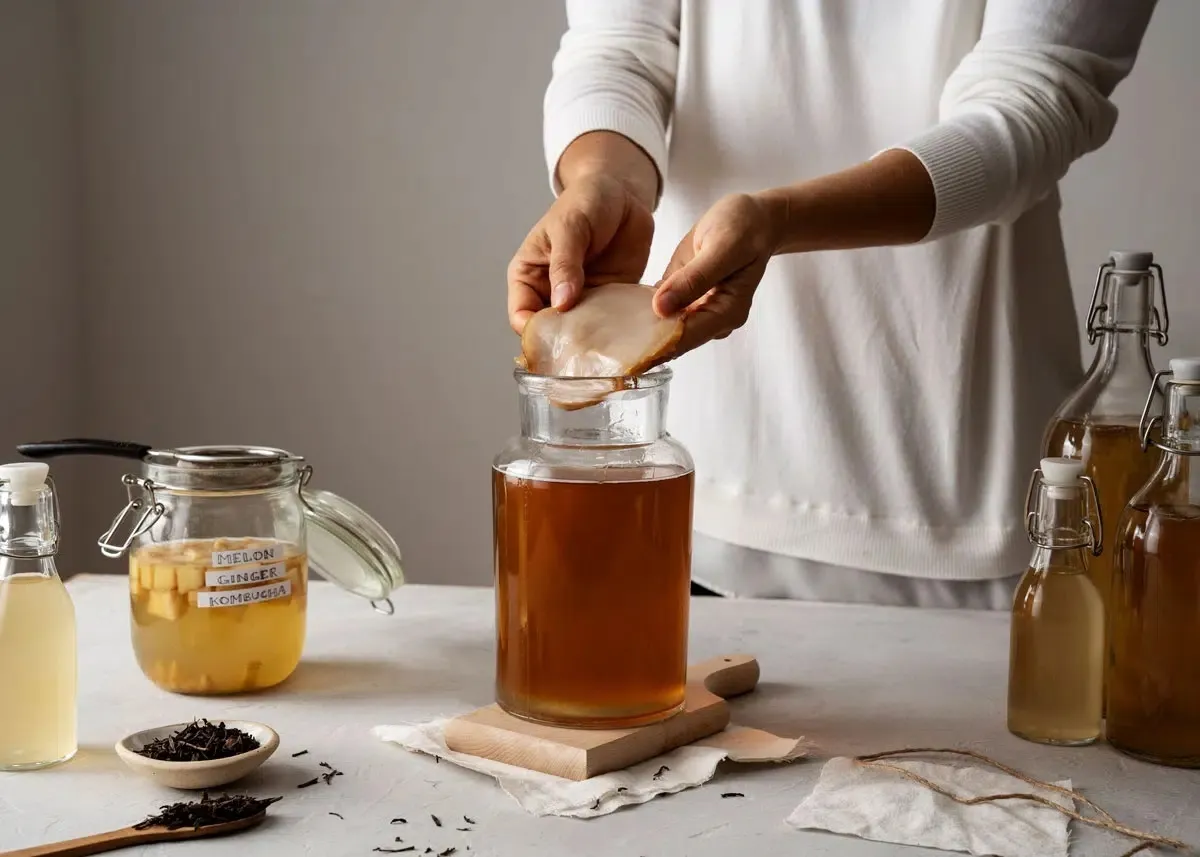People with type II diabetes who drank kombucha for four weeks had lower levels of blood glucoseof the University of Georgetown, the University of Nebraska-Lincoln and Medstar Health, in the United States.
This finding, from a pilot essay with 12 people, points to the potential of a dietary intervention that could help reduce blood sugar levels in people with diabetes and also establish the basis for a broader test that confirms and expandsThese results, according to the researchers in the 'Frontiers in Nutrition' magazine.
Kombucha is a fermented tea with bacteria and yeasts that was already consumed in China in 200 B.C., but did not popularize in the United States until the 1990s. Its popularity has been reinforced by anecdotal statements about the improvement of immunityand the energy and the reduction of food cravings and inflammation, but the tests of these benefits have been limited.
"Some laboratory and rodent studies on kombucha have been promising, and a small study in people without diabetes showed that kombucha reduced blood sugar, but that we know this is the first clinical trial that examines the effects of the kombucha onPeople with diabetes-says Dr. Dan Merenstein, author of the study, Professor of Human Sciences at the Georgetown Faculty and Professor of Family Medicine at the Faculty of Medicine of the University of Georgetown., but this is very promising. "
"A strong point of our essay was that we did not tell people what to eat because we used a cross design that limited the effects of any variability on a person's diet," he says.
Cross design was that a group of people drink daily about eight ounces of kombucha or a placebo drink for four weeks and, after a period of two months to "wash" the biological effects of drinks, kombucha and placeboThey exchanged between groups with another four weeks of drinking consumption.None of the groups were told what drink he was drinking at that time.
The kombucha seemed to reduce the average levels of glucose in fasting blood after four weeks from 164 to 116 milligrams per deciliter, while the difference after four weeks with the placebo was not statistically significant.The guidelines of the American Diabetes Association recommend that blood sugar levels before meals are between 70 and 130 milligrams per deciliter.
The researchers also analyzed the composition of the fermenting microorganisms of the Kombucha to determine which ingredients could be the most active.They discovered that the drink was mainly composed of lactic acid bacteria, acetic acid bacteria and a yeast form called dekkera, and that each microbe was present in the same proportion;The finding was confirmed with the genetic sequencing of RNA.
"Different studies of different kombucha brands from different manufacturers reveal slightly different mixtures and abundance-Robert Hutkins, a doctor at the University of Nebraska-Lincoln and main author of the study-. However, the main bacteria and yeasts are highlyreproducible and are likely to be functionally similar between brands and lots, which was reassuring for our essay. "
According to Dr. Chagai Mendelson, a lead author who worked in the Merenstein laboratory in Georgetown while completing his residence inMedstar Health, with work they provide preliminary evidence that a common drink could have an effect on diabetes."We hope that a much larger trial, using the lessons we learned in this trial, could be carried out to give a more definitive response to the efficacy of the kombucha in the reduction of blood glucose levels, and therefore preventor help treat type 2 diabetes, "he concludes.


